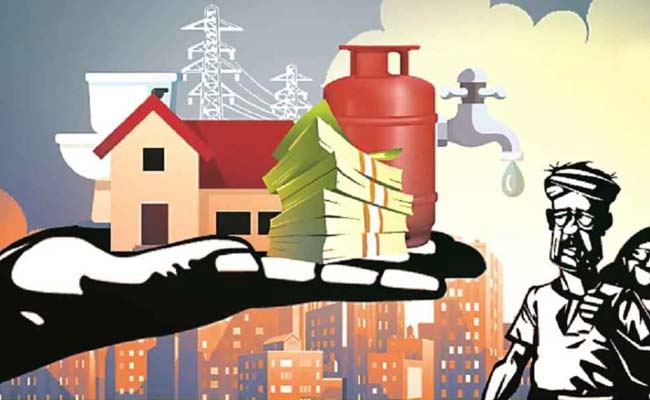
Special Articles

The Supreme Court has repeatedly advised political parties to refrain from announcing freebie schemes, yet no change is visible. At one point, the court even admitted its helplessness in stopping them altogether. The Election Commission (EC) also held meetings with political parties, urging them to avoid such promises, but they ignored the advice.
During elections, every party tries to outdo the other by announcing more freebies to attract voters. In Telangana, the Congress made numerous promises to come to power, while in Andhra Pradesh, Chandrababu Naidu's alliance did the same. These strategies helped them win, but implementing the promises is proving to be a major challenge for both leaders.
During the 2023 Telangana elections, Congress leader Revanth Reddy made several promises, including:
So far, only free bus travel for women has been implemented smoothly, while other promises remain partially or completely unfulfilled. Allegations are surfacing that loan waivers haven’t been fully executed and gold distribution hasn’t even begun.
Similarly, Chandrababu Naidu made a slew of freebie promises to regain power in Andhra Pradesh. However, now that he is in office, implementing them is proving to be an uphill battle. Some schemes have been postponed to next year, and the government is imposing restrictions and eligibility conditions to reduce the number of beneficiaries.
Leaders are now saying that free schemes will be implemented only after wealth creation, indirectly delaying their execution.
Even Prime Minister Narendra Modi once warned that excessive freebies could be dangerous for the country, yet even his party announces various free schemes during elections.
There is no clear definition of what constitutes a "freebie" versus a welfare scheme. Some believe that providing essential services without charging people is a good welfare policy, while others argue that it encourages dependency.
Critics say that free schemes prevent voters from making independent choices, as they vote solely based on promises of freebies rather than evaluating a party’s governance. Despite the debates, freebie politics has been deeply embedded in India's election landscape since independence. From cash transfers, health insurance, and food supplies to consumer goods like TVs, laptops, bicycles, and even gold, politicians have promised almost everything to voters.
In one Tamil Nadu election, a politician even promised free trips to the moon and vacations on cool islands to highlight the absurdity of over-the-top promises. Unsurprisingly, he lost the election.
There are no strict rules differentiating welfare schemes from electoral freebies. Offering incentives to voters before and after elections is not illegal in India, and even the BJP, which criticizes freebies, announces them regularly. However, the growing burden of such schemes on government finances is a serious concern.
Moreover, critics argue that these schemes are making people dependent on handouts instead of working for a living. Recently, the Supreme Court strongly criticized freebies, saying they turn people into parasites.
Despite all the warnings, political parties continue to ignore the concerns—just like blowing a conch in front of a deaf person!
Advertisment